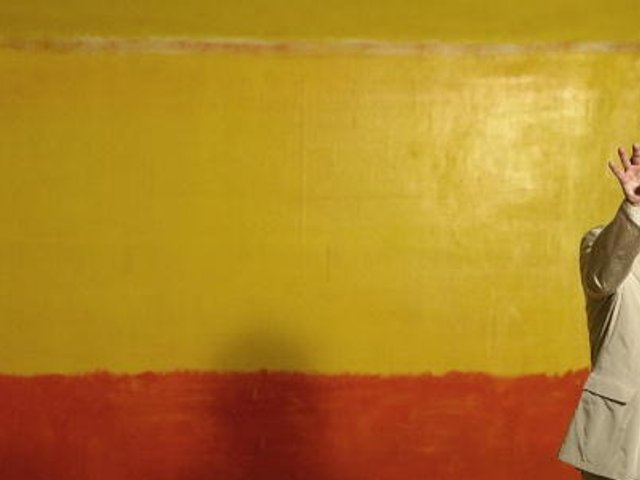A lawsuit over a work by Cady Noland was dismissed by a Manhattan federal court on 2 December—but it left the question of whether the artist rightfully disavowed her work under the Visual Artists Rights Act unresolved.
In 2014, the Ohio collector Scott Mueller bought Noland’s Log Cabin, a sculpture depicting the façade of a cabin with an American flag, for $1.4m. Noland allegedly disavowed the work when she learned that some of the logs had rotted and been replaced. Mueller sued for a full refund since the contract allowed him to rescind the sale if the artist found it was so damaged that she no longer considered it her work
The Berlin-based Michael Janssen Gallery returned $600,000 of the purchase price, and Mueller sued the gallery and its owner to recoup the remaining $800,000. The court dismissed the collector’s claims because Mueller had failed to serve Janssen and the gallery with the complaint for more than a year.
Mueller also sued the art adviser Marissa Newman Projects, alleging that Newman had breached a fiduciary duty to him, which would require the adviser to act strictly in Mueller's interest, the way a legal guardian must act in the interests of a ward. But the court dismissed these claims as well.
Mueller said that he “placed confidence and trust in Newman” to advise him in good faith, and that he relied on Newman’s advice in purchasing the work. But Mueller never asserted that Newman accepted such a strict obligation, the court ruled. In a caution to collectors who believe advisers must act for their benefit, the court stated: “The mere fact that Newman acted as an ‘independent art adviser’ does not create a fiduciary relationship”.



